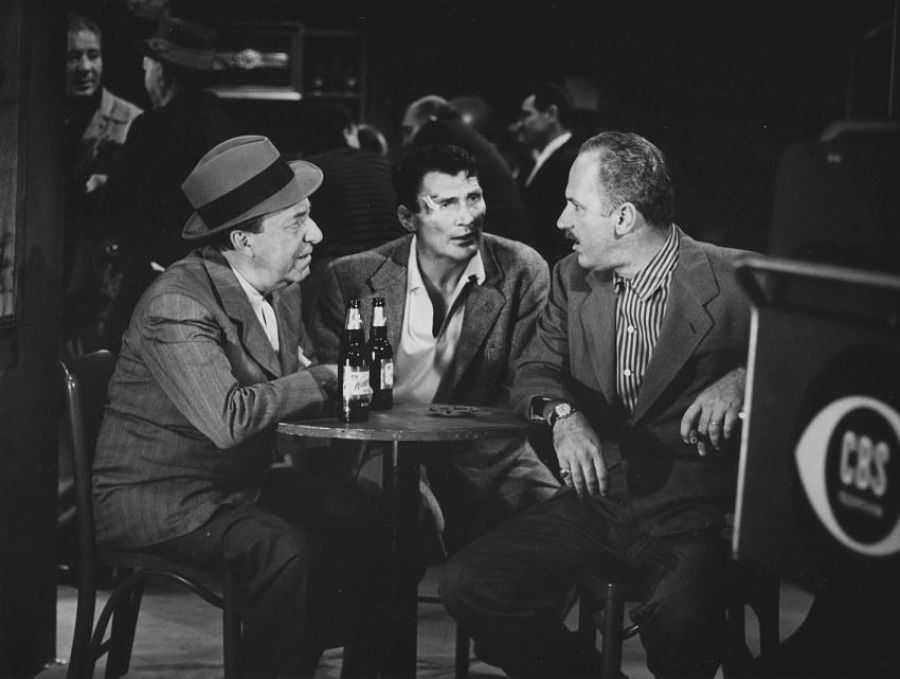Television was supposed to kill films and print journalism and radio, right? Just as the movies once purportedly threatened to make theatre and the novel obsolete, or photography to obviate the art of painting, or recorded music to replace the concert…well, you see where I’m going with this. All of these media have changed irrevocably, some beyond recognition, and there has unquestionably been a lot of attrition—what economists rather coldly call “churn” (a moment of silence, please, for vaudeville, drive-in movies, LPs, well-stocked newsstands and bookstores).
But while I’ve read my share of Walter Benjamin and Neil Postman, I’m not inclined to declinism—at least no more than I am to utopianism—in regards to culture. To those who would deplore fragmentation and narrowcasting and niche-ification, I would reply with questions about hegemony, homogeneity, and monopoly: Were American arts and entertainment really better off with just three networks, Hollywood’s cartelized studio system, and a national theatre dominated by Broadway and tours? In the area I know the most about, I’d argue that the regional/resident theatre movement that sprang up in the 1960s and thereafter, for all its problems and shortcomings, offers a far richer and more variegated American theatre culture and literature than we would have had without it.
Of course, “richer” may sound like a cruel choice of words for a field in which playwrights, its creative lifeblood, make on average a fraction of U.S. poverty-line income from their playwriting efforts. (These phenomena, the proliferation of stages and the depression of writers’ income, probably aren’t unrelated.) But as I was recently reminded by Eric Bentley, the sage drama critic I was fortunate to interview at length late last year, art and commerce have always been accidental bedfellows, or at best frenemies; Bentley told me unequivocally that he doesn’t think there’s ever been a “golden age” of playwriting.
Certainly if he were looking, Bentley would look askance at the conventional critical wisdom that we’re currently in a golden age of television (or is that peak TV?). While I’ll leave that judgment to posterity, where it properly belongs, it’s clear that the convergence of on-demand-anytime viewing with the post-cable proliferation of platforms for said viewing has raised both the demand and the narrative bar for series television. Are long-arc, multihour telefilms—which is what today’s premium drama, comedy, and documentary series have essentially grown into—inherently better or more ambitious than the interchangeable-episode, ad-chopped network TV of yore?
Perhaps not. But there’s something else afoot, and it relates to the health of the theatre and its artists. If we grant for a moment the premise that TV seems better than it used to be, we might glimpse another reason why: It is routinely employing hordes of stage-trained dramatists, not only as staff writers but as creators and showrunners, as J. Holtham reports in this issue. Some of these gilded scribes cross over to the screen and never come back, of course—but many more keep a hand, a foot, even a heart in the theatre. In a sense, then, TV and theatre are cross-subsidizing each other. Is this a sustainable show-business model? As history might tell us: Yes, until it’s not. And then there will be another story to tell.


